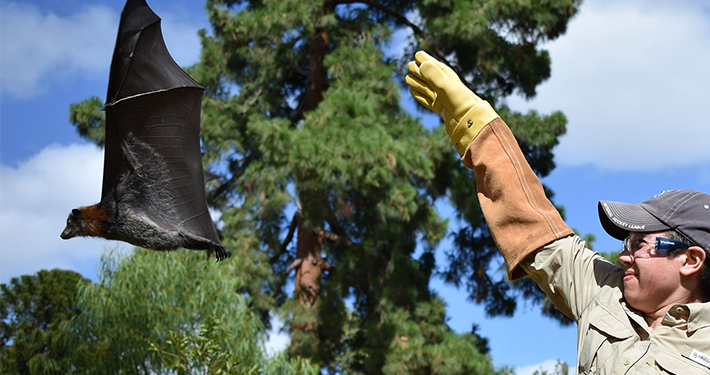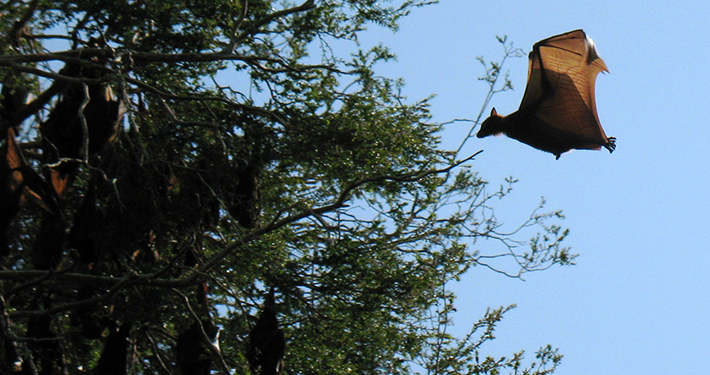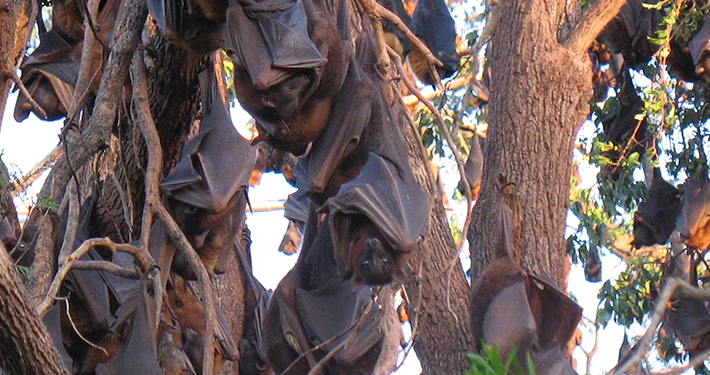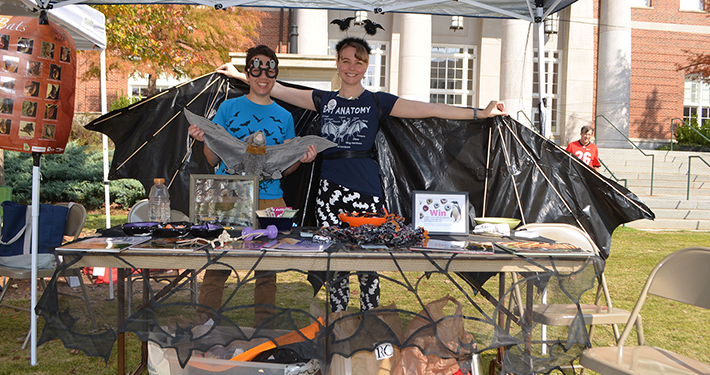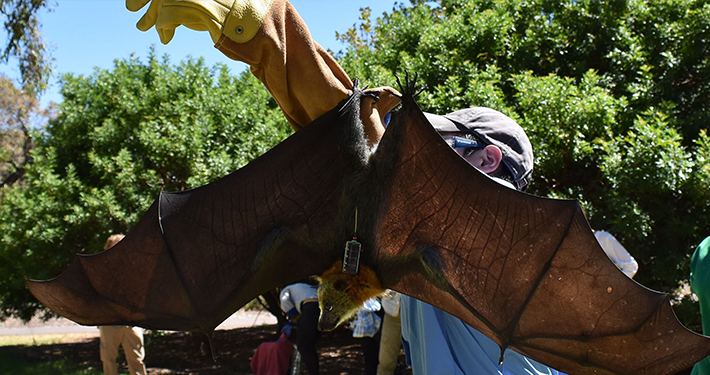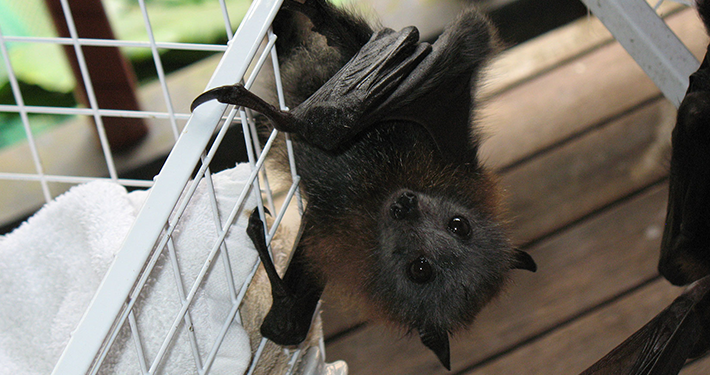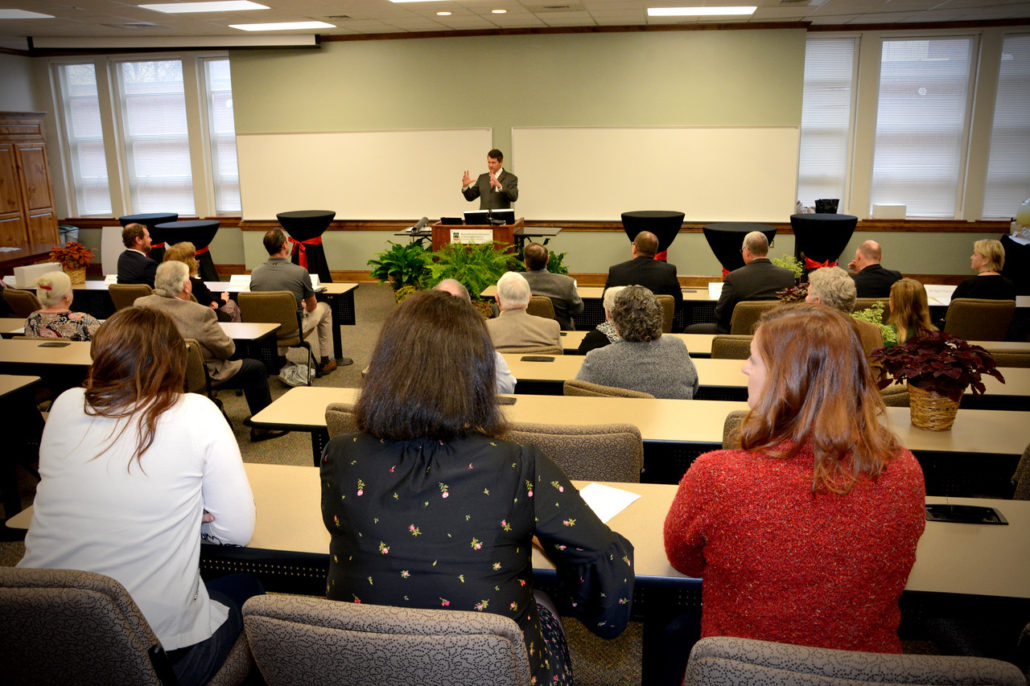What do you really know about bats?
Duh nuh nuh nuh nuh nuh nuh BAT … WEEK! Not what you were expecting? Neither was I until the Odum School of Ecology launched their Bulldogs for Bats campaign. Since then, I’ve learned a lot about bats that has completely reshaped my opinion. Much like the beloved DC Comics superhero who saves Gotham, bats are saving local ecosystems in the night and are often misunderstood. From Australia to right here in Athens, Georgia, bats serve as natural pest control and are essential pollinators of many plants.
So what’s Bat Week, you ask? It’s an international, annual celebration designed to raise awareness about the need for bat conservation. And it starts today! Did you know bats face risk of disease, habitat loss, pesticide use and wind energy, just to name a few? Diminishing numbers of bats pose a threat not only to the functioning of healthy ecosystems, but also to human well-being. Insect-eating bats, including the 16 species found in Georgia, save the U.S. agricultural industry at least $3 billion a year in pest control costs and crop damage. Bats also help control mosquito populations and may reduce the risk of emerging diseases, such as West Nile Virus, in the Southeast. This week, we’re spreading awareness about the vital role bats play, and how you can help save them.
Bulldogs for Bats is a campaign that’s been running the entire month of October to raise support for bat conservation efforts. All funds donated will provide local bats with a safe, sustainable environment while enhancing student learning and research opportunities. While many of our graduate students have conducted fieldwork research abroad, building bat houses in the community will provide students more chances for experiential learning and hands-on research right in our backyard.
So when you see some of these so-called “spooky” creatures on Halloween, think of the difference they’re making in our environment. And please consider saving the bats—what better time than during Bat Week?

